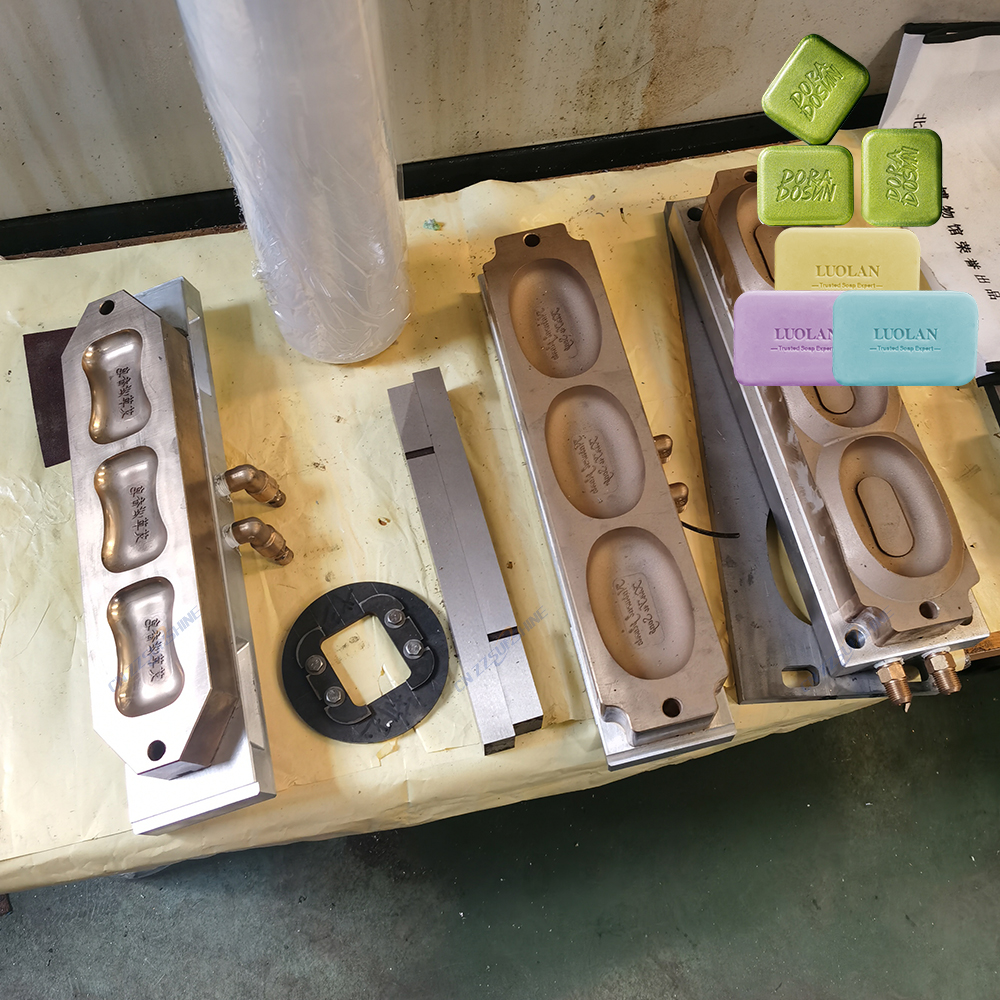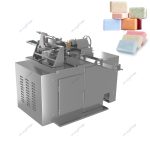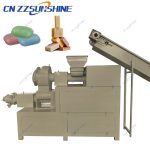In the fast-paced world of industrial soap production, manufacturers are increasingly turning to automated solutions to boost efficiency and maintain consistency. The soap making production line stands at the forefront of this evolution, integrating components like vacuum plodders and soap mixers to streamline operations. For instance, a vacuum plodder machine ensures dense, bubble-free bars by compressing the soap mixture under controlled pressure, while a soap mixer guarantees uniform blending of fats, lye, and fragrances. This setup is particularly vital for laundry bar soap production lines, where durability and precise sizing are non-negotiable for consumer satisfaction.
Transitioning to cutting stages, an electric washing soap cutter offers swift, accurate slicing with minimal waste, adapting seamlessly to custom soap cutting machines that handle unique shapes for niche markets like beauty soap making lines. These elements work in harmony with an automatic soap production line, reducing labor by up to 50% and enhancing throughput—ideal for expanding operations without inflating costs. Additionally, incorporating a three roller mill for cosmetics refines textures in toilet soap finishing lines, delivering silky finishes that appeal to premium segments.
Beyond core machinery, auxiliary tools such as factory price industrial chillers regulate temperatures during cooling phases, preventing overheating and ensuring product integrity. For businesses seeking scalability, OEM three roller grinding mills provide tailored solutions, allowing adjustments for varying soap densities. This holistic approach not only optimizes the laundry soap making line but also supports bath soap making machines with eco-friendly innovations. Ultimately, investing in a robust soap making production line elevates quality, cuts expenses, and positions factories for global competitiveness in the ever-evolving soap industry.





